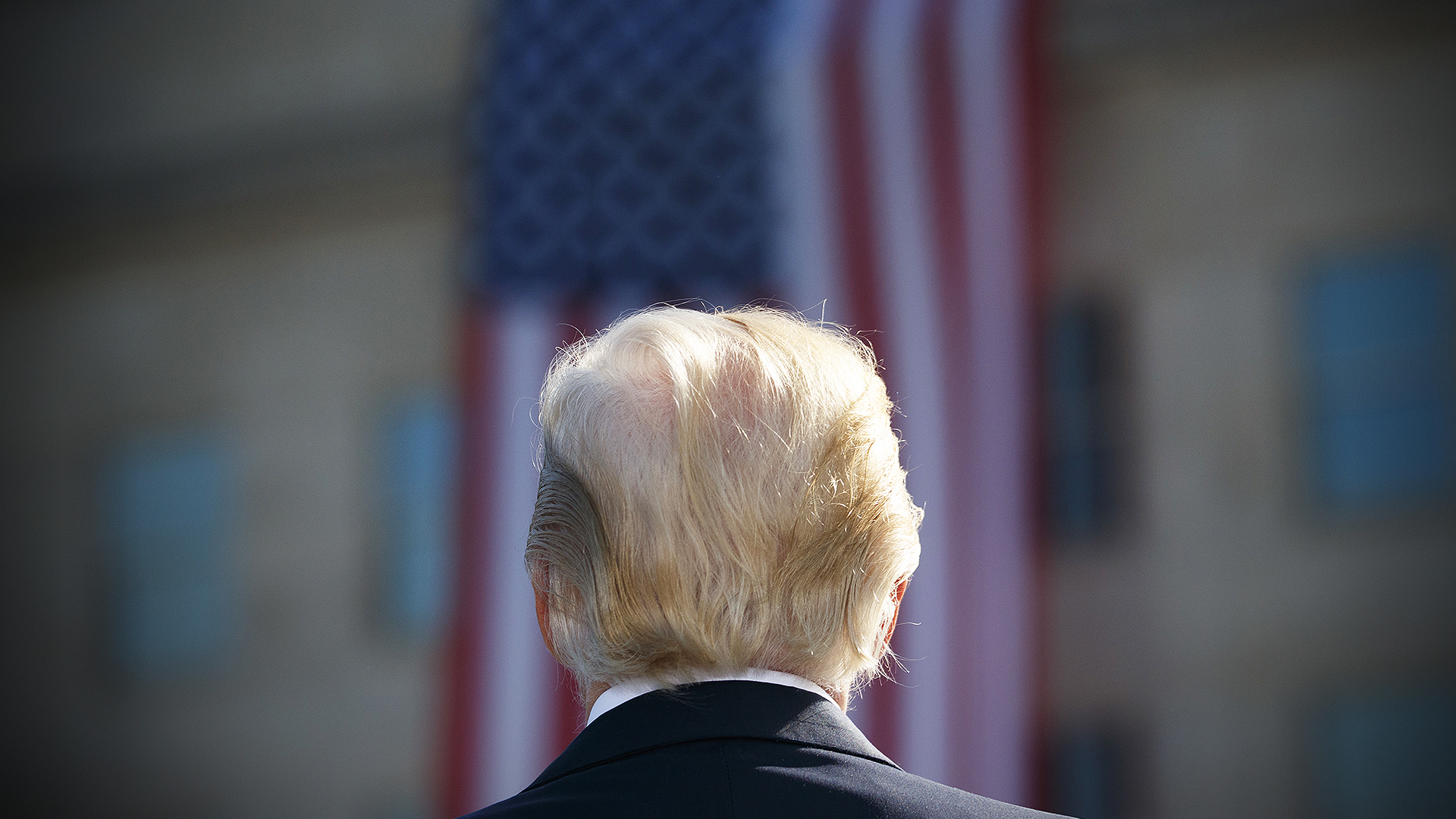

United States President Donald Trump has unveiled a new spending bill for 2020 which calls for the elimination of the $7,500 federal tax credit for electric vehicles.
The budget was unveiled on Monday and commented on by Russell Vought, the acting director of the Office of Management and Budget. Vought says that the budget identifies several federal programs which are “wasteful” and “inefficient,” one being the federal tax credit for new electric vehicles.
Individuals who purchase a new electric vehicle from an eligible manufacturer can claim a tax credit of up to $7,500 on their federal tax return during the year in which the vehicle is purchased. This reduces their overall tax liability for owed income tax, but would not allot additional money to an individual should it surpass the amount owed.
Presently, all mainstream automakers remain eligible for the tax credit in some form. Once a brand sells over 200,000 eligible vehicles, the program enters a reduced state where tax credits are halved to $3,750 for six months, then again halved to $1,875. The automaker then becomes ineligible for the tax credit six months after the second reduction. Only two manufacturers are known to have surpassed the threshold for new EV purchases thus far: General Motors and Tesla.
The tax credit helps both consumers and automakers prepare to transition from gasoline-powered cars to a more sustainable form of forward-looking fuel. Because EVs are only recently becoming mainstream, they are still substantially more expensive than their fossil-fuel powered counterparts. The EV tax credit enables consumers who would otherwise be unable to afford an electric car to squeeze a bit more out of their budget to put towards the purchase. As a result, the automaker receives a sale and can re-invest the funds into bringing future costs down.
Recent estimates have said that the program will cost the federal government nearly $7.5 billion between 2018 and 2022. As a result, the program has been the subject of criticism. Repeat attempts to crush the program have been stymied by elected officials, but that doesn’t guarantee future bills won’t crush the program in some capacity.